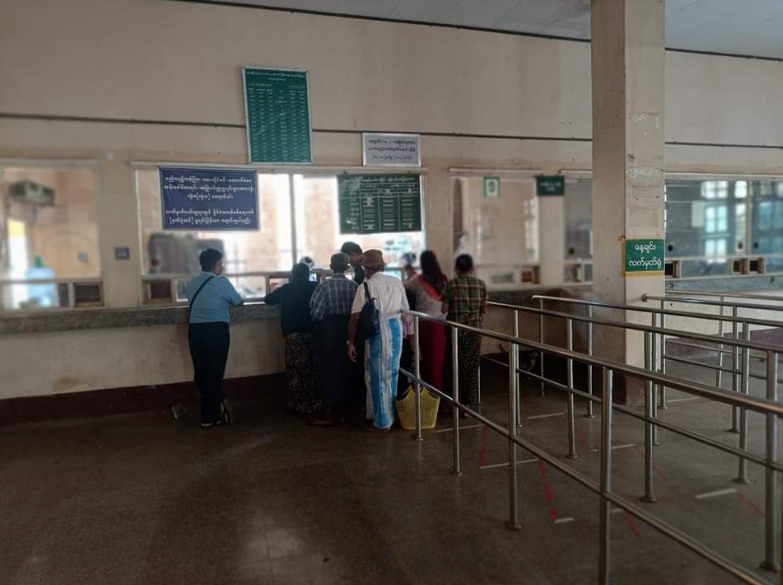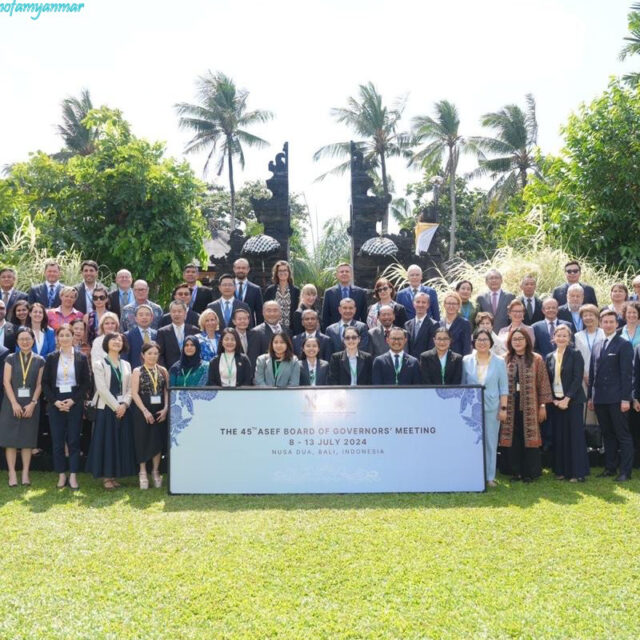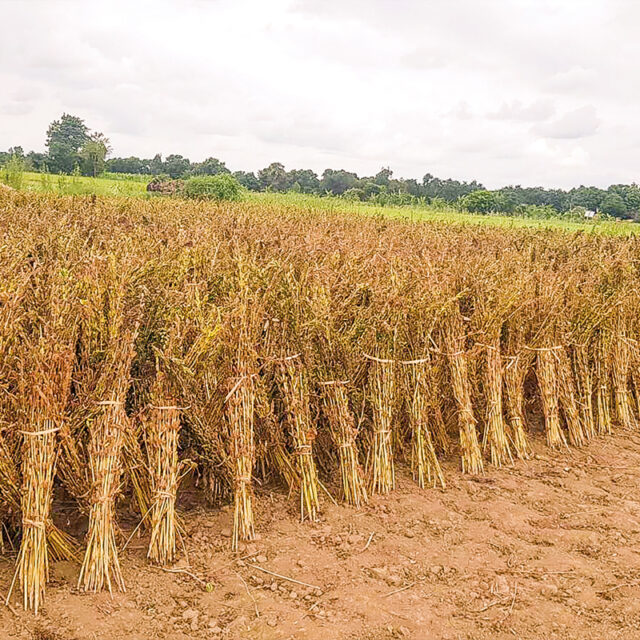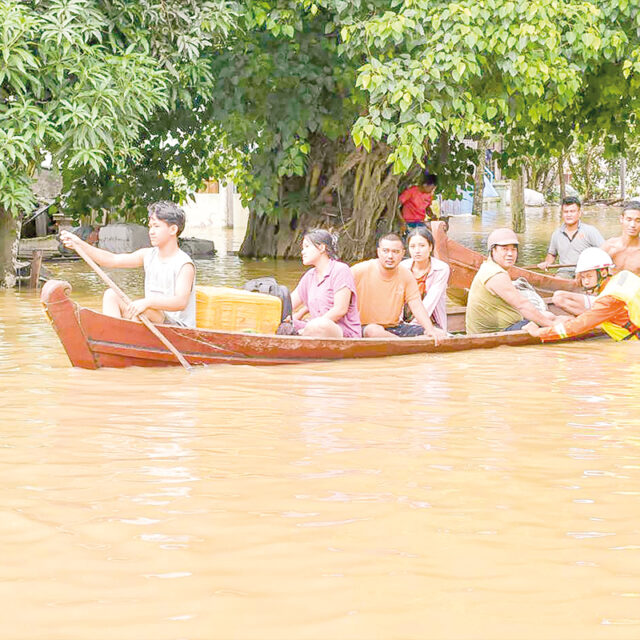Global economic crises have cast a shadow over the lives of people in developing countries, pushing them into the abyss of socioeconomic despair, unemployment, and poverty in the wake of the Covid-19 pandemic. Furthermore, the internal conflicts and instability plaguing certain regions have exacerbated the vulnerability of individuals, making them easy prey for human traffickers.
Despite Myanmar’s efforts to collaborate with neighbouring nations in the fight against human trafficking, the country continues to grapple with a rising tide of such cases on its own soil. This surge can be attributed to the fact that many trafficking victims engage in illegal work in neighbouring countries.
Disturbingly, around 50 per cent of the victims of human trafficking are women and children. Among the reported cases, forced labour shows a staggering 61.11 per cent, followed by forced prostitution at 22.22 per cent, forced marriage at 11.11 per cent, and forced adoption at 5.56 per cent.
Myanmar has observed 13 September as Myanmar Trafficking in Persons Day (TIP) since 2013. This annual event unites the government, civil society organizations, relevant UN agencies, international organizations, NGOs, INGOs, and the general public in their commitment to eradicating human trafficking. The government is actively working to strengthen cooperation and coordination among all stakeholders involved in the fight against human trafficking, acknowledging that only collective efforts can help eliminate this
grave violation of human rights.
Myanmar has witnessed five major categories of human trafficking cases: forced marriages, forced prostitution, forced labour, child trafficking, and debt bondage. Human traffickers and brokers often deceive young Myanmar women into marriages, either with foreigners or fellow citizens, subjecting them to sexual exploitation and abuse. Similarly, some men endure forced labour and exploitation in industries such as fishing trawlers and tiger raft fishing.
Another grim reality is that citizens grappling with socioeconomic hardships often fall victim to systematic debt bondage, orchestrated by manipulative individuals who control every aspect of their lives. Shockingly, some unscrupulous individuals exploit social media to entice victims and sell them to obscure enterprises and criminal groups.
The root causes of human trafficking are closely tied to the demand for cheap labour in certain regional countries. Therefore, individuals seeking employment must be cautious when seeking work and ensure their jobs provide a safe environment. Simultaneously, authorities must address poverty, job shortages, the rule of law, and internal conflicts to create conditions that can help people escape all forms of human trafficking.
Myanmar has observed 13 September as Myanmar Trafficking in Persons Day (TIP) since 2013. This annual event unites the government, civil society organizations, relevant UN agencies, international organizations, NGOs, INGOs, and the general public in their commitment to eradicating human trafficking. The government is actively working to strengthen cooperation and coordination among all stakeholders involved in the fight against human trafficking, acknowledging that only collective efforts can help eliminate this grave violation of human rights.











